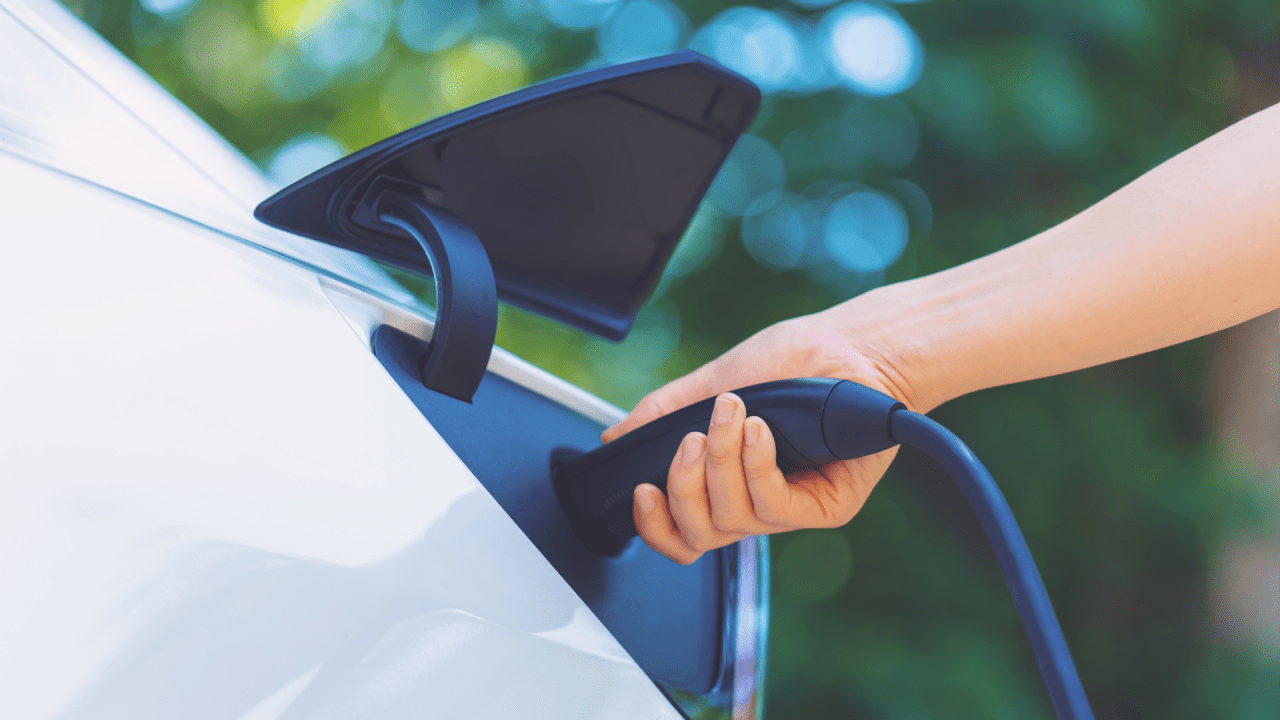The electric vehicle (EV) industry across the region has experienced hikes in both sales and interest. Additionally, the region has accounted for the largest share of battery electric vehicle sales worldwide.
In Malaysia, the overarching objective towards encouraging EV use is in line with the nation’s ambition to achieve carbon neutral status by 2050. Echoing the nation’s aspirations, Tenaga Nasional Berhad (TNB) also announced its sustainability pathway, with an aspiration to achieve net-zero emissions by 2050. This will also be part of TNB’s investment towards a greener, healthier, more sustainable future for the next generation, in Malaysia and beyond. Hence, it became clear that the national utility has a responsibility to help drive the transition and specifically via a national EV programme.
In its 12th Malaysia Plan, the Government is making provisions of tax relief for buyers, direct and indirect tax relief for investors and consumers, and additional tax relief for investors to set up their EV operations here in Malaysia. Budget 2022 saw additional incentives added to EVs: a road tax exemption of up to 100 per cent will be provided for EV vehicles, in addition to individual income tax relief of up to RM2,500 on the cost of purchase, installation, rent, hire purchase as well as subscription fees for EV charging facilities.
“In Malaysia, we have seen some good progress as well, after the announcement of EV incentives in the 2022 National Budget,” Ir Mohd Junaizee Mohd Noor, Project Director, Tenaga Nasional Bhd Electric Vehicle Program Management Office pointed out. “The Ministry of International Trade & Industry (MITI) is spearheading the EV industry initiatives by establishing an EV Task Force comprising of related ministries, agencies as well as the private sector. This was announced by MITI’s Senior Minister in Kuala Lumpur in January 2022. In this aspect, TNB is excited to see MITI’s leadership in these upcoming months.”
¹Based on the Statista report “Electric vehicles in Asia Pacific – statistics & facts”
“TNB is not only playing a vendor role in the EV ecosystem but is also actively engaged in the policy framework. We have submitted an EV charging standard proposal for the consideration of the Malaysian Energy Commission. In addition, taking the lead on the mobility transition, we mooted and formed the Zero Emission Vehicle Association (ZEVA). This allows us to bring all EV industry players under one roof. Members of this Association consist of charging point operators, EV owners’ clubs, as well as EV manufacturers and importers.” said Junaizee.
To date, TNB has registered close to 20 members and the membership is growing. ZEVA encourages constant open discussions with various operators in the EV industry to ensure a holistic understanding of the industry and appreciation of various players’ points of view. These discussions would help facilitate bridging the gaps in the industry.
Additionally, TNB also has plans to forge alliances with several industry players, not only to assist them in the EV space but also to extend the sustainability agenda. TNB would also continue its planned initiatives and accelerate the formation of its subsidiary – Tenaga E-Mobility Solution Sdn Bhd – to assist the industry to prepare for the incoming flux of electric vehicles into the country in the near future. Meanwhile, its research arms, TNB Research and UNITEN (University Tenaga Nasional), are continuously writing proposals and publishing studies for EV adoption nationwide.
Getting Malaysia EV ready
Setting aside teething issues, the EV programme for Malaysia is looking extremely bright. There are already private initiatives by key stakeholders in anticipation of the rollout with manufacturers already gearing up for the transition.
Over several months, TNB has been busy getting Malaysia better prepared for the onset of EVs on our roads. Just in March 2022, PLUS Malaysia Bhd (PLUS) and Tenaga Nasional Bhd (TNB) will jointly work on the development of a network of electric vehicle (EV) charging stations and the installation of energy efficiency monitoring and solar photovoltaic systems at selected rest and relaxation (R&R) areas along the PLUS highway network.
Earlier in February, TNB entered into a strategic partnership with the Malaysia Automotive, Robotics, and IoT Institute (MARii) to create a platform to address comprehensively the challenges related to electric vehicle (EV) usage in line with the nation’s energy transition. The collaboration is for the development of the EV ecosystem, enabling the implementation of Mobility as a Service (MAAS) and related initiatives in the Malaysian automotive market.
In December 2021, Sime Darby Motors (SDM) Malaysia and TNB entered into a Memorandum of Understanding (MoU) for a collaboration to support the country’s low carbon mobility ambitions. Over the next two years, SDM Malaysia and TNB are committed to working together for two years to explore various initiatives to accelerate the adoption of electric vehicles (EV), which, among others, include ensuring a network of highly efficient EV charging infrastructure is in place to support this growth. They will also look into other energy-efficient and renewable energy initiatives to optimise the cost of EV charging infrastructure and to reduce carbon emissions.
Prior to that, in September last year, TNB and DHL Express Malaysia (DHL) entered into an MoU where DHL will introduce electric vehicles (EVs) into its fleet. The first batch of fully electric vans are expected to be rolled out by the first half of this year. In addition, Socar Mobility Malaysia (Socar) and TNB also signed an MoU that will allow the national utility to leverage shared demand data on electric-vehicle (EV) usage in Malaysia. This is to help identify strategic locations along key travel routes to help determine the location, amount, and type of chargers (including DC fast chargers) to be installed.
“We are looking at more partnerships to be announced later this year, especially townships that would embrace EV in their areas,” Junaizee told BusinessToday. “We will also be promoting ‘electric fuelling’ of vehicles for EV owners.”
He also said that the heightened awareness of carbon reduction by using EVs and the savings that come with it would also be aggressively promoted. “The focus is always to ensure the EV charging infrastructure is robust, adequate, and sustainable so that EV users have peace of mind when they need to charge their vehicles,” Junaizee added. “ This is, after all, part of our core responsibility for a better and brighter nation.”










